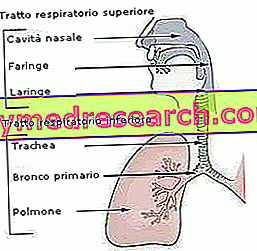Importance of sun protection
Children are more prone to sun-induced damage than adults, both because they have a much thinner epidermis, and because melanocytes are still immature and contain less melanin.

Important Features
It is advisable to use a product with a high protection (SPF 30 or SPF 50) and then descend very gradually (also depending on the skin type), but never below a protection factor 15.
Like all other products for children, sunscreen products for children must be formulated while minimizing the risk of allergies, they must not contain perfume or colorings. It is desirable that they be as resistant as possible to water and sand.
The chosen product must obviously contain filters effective both against UVA and UVB rays. A / O emulsions are the preferred technical form for infants and very young children because they give the product a better water repellency and water resistance, exerting a good emolliency on the epidermis thanks to the external lipophilic phase which forms a film on the skin. The A / O emulsions are more oily, more difficult to spread and cosmetically less pleasing, but remain longer on the skin, reducing transepidermal water loss and allowing lasting hydration. For older children it is possible to use O / A emulsions, milks and sprays with the foresight to reapply them frequently and especially after long baths in water.
Chemical filters can give rise to sensitization phenomena. It is therefore preferable to use solar products containing only physical filters (eg titanium dioxide), especially on infants and very young children. It is important to remember that protective formulations of the previous year must never be used, especially if they are not well preserved.
In fact, over time, the product loses its effectiveness partially, especially if it has exceeded its PAO (period after opening).



